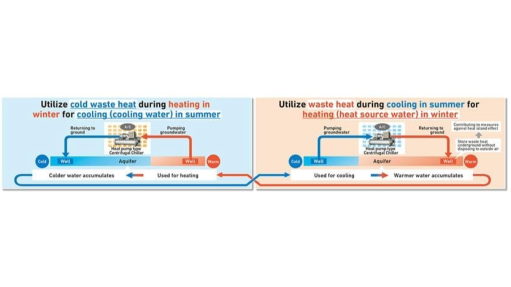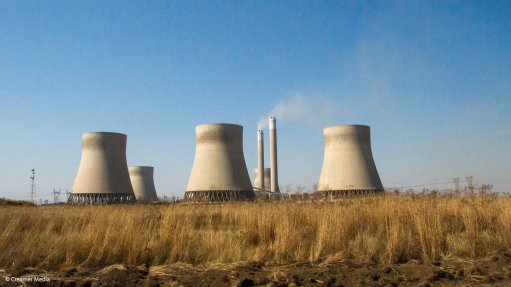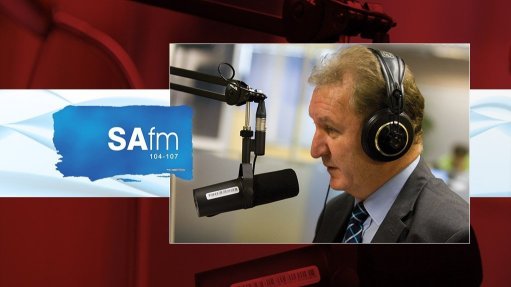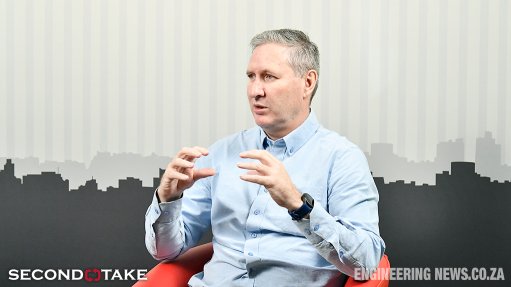Municipalities urged to embrace prosumers to end loadshedding and shore up revenues

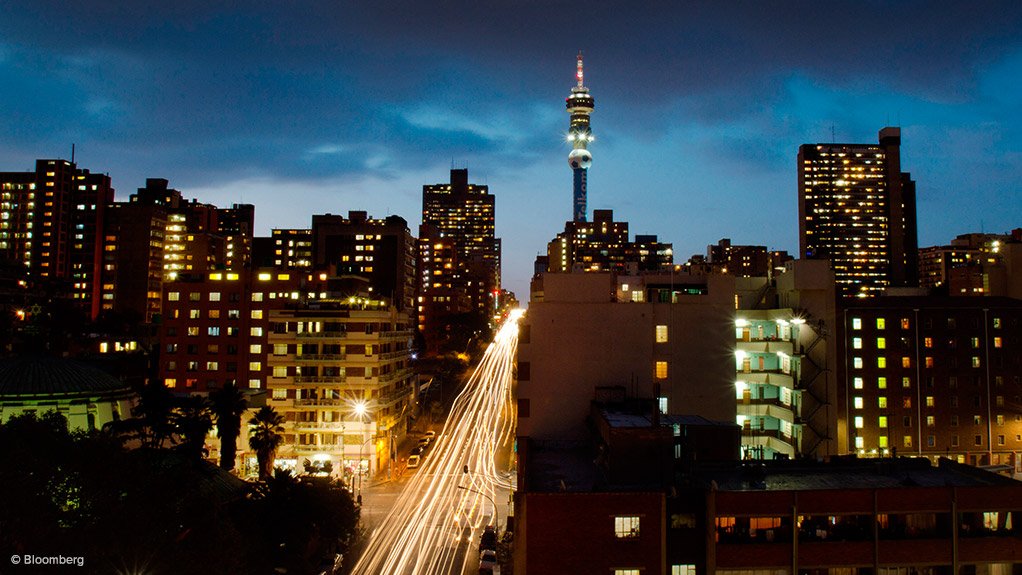
A city such as Joburg could bolster electricity revenue and security of supply by tapping prosumers and IPPs, Garner argues
The economic and financial benefits to South African municipalities of buying electricity from independent power producers (IPPs), as well as commercial and residential prosumers has turned overwhelmingly positive and should be pursued with enthusiasm, the chairperson of the South African Independent Power Producer Association argues.
In fact, Thomas Garner states that, in the context of ongoing loadshedding, a municipality’s electricity-related finances could be significantly bolstered if it were to diversify its sources of supply beyond Eskom and, in so doing, reduce revenue-sapping rotational cuts and stimulate rates-generating economic activity.
Speaking at a Gordon Institute of Business Science conference in Johannesburg, Garner argued that an embracing of prosumers and IPPs by municipalities could have an impact at least equal to the recent so-called embedded-generation reform; one which enabled IPPs to develop projects of any size and to sell the electricity produced to third parties by wheeling power through Eskom or municipal networks.
Since the initial reform was announced on August 2021, more than 540 projects, with a combined capacity of nearly 3 GW, have been registered with the National Energy Regulator of South Africa. Momentum has increase further with the recent decision to eliminate the 100 MW cap on such generators and the pipeline of projects at various stages of development has since risen to 9 GW.
Garner said that companies that had embraced the reform – which still involved significant bureaucracy and was governed by strict grid-code regulations – were already making savings of between 10% and 40% relative to what they would have been paying to Eskom. In addition, the State-owned utility – which had belatedly started to support IPPs and allowed for wheeling – was being “made whole” by the fact that customers and the IPPs were paying the utility for the use of the grid.
There was more reticence at a local government level, however, where Garner argued that many municipalities and their utilities had adopted a defensive posture with regard to both IPPs and prosumers. This, despite the fact that their reliance on Eskom was undermining their revenues as they had no way to mitigate against loadshedding. Municipalities currently account for about 40% of Eskom’s sales.
“Municipalities have done this without doing the math or looking at the economics,” Garner asserted.
Using Johannesburg as a case study, Garner calculated that a total of 8 000 GWh of electricity was being consumed in the city yearly, translating to a revenue for City Power of about R20-billion, with about R14-billion of that used to pay Eskom and the rest to operate its network.
He estimated, too, that City Power was generating a revenue surplus of about 70c/kWh over and above what it paid to Eskom. That surplus could be generated, however, only when City Power was able to resell electricity and its sales had been falling as a result of loadshedding, non-technical losses (theft or poor billing and collection) and the installation of rooftop solar systems by businesses and households seeking to mitigate power disruptions and rising tariffs.
There is estimated to be some 250 MW of rooftop solar installed in Johannesburg, with about one-quarter of that actually registered with the city. Therefore, about 5%, or 400 GWh, of the electricity consumed yearly in the city is being produced by rooftop solar generators, leading to a revenue loss to City Power of about R200-million.
That R200-million loss is dwarfed, however, by the direct revenue loss arising from loadshedding, which is currently estimated at 15%, or 1 200 GWh, a year, equating to R630-million in losses on the energy component of the City Power tariff alone. Using a cost of unserved energy of R17/kWh, Garner calculated the economic loss to Johannesburg to be R20-billion, or equivalent to City Power’s yearly revenue.
In addition, City Power is losing about 21% as a result of non-technical losses.
“If the city allowed the electricity generated from commercial and residential rooftops to flow into the grid, it could replace the energy lost because of Eskom’s failure to supply and they could sell it on.”
In addition, using a cost of unserved energy of R17/kWh, that 400 GWh would equate to R1.7-billion in additional economic activity that could now take place.
“If City Power then decides to buy electricity from IPPs that can wheel electricity into their network, the utility could close the revenue shortfall that it is losing to loadshedding. And it could do the same thing by buying from prosumers.”
In addition, Garner noted that the electricity produced by IPPs was generally cheaper than Eskom tariffs, meaning that City Power could actually increase its surplus, which could be used to make critical investments into its network.
“The economics is very simple, and it shows that it makes sense for municipalities to buy not only from Eskom, but also from IPPs and prosumers.”
Comments
Press Office
Announcements
What's On
Subscribe to improve your user experience...
Option 1 (equivalent of R125 a month):
Receive a weekly copy of Creamer Media's Engineering News & Mining Weekly magazine
(print copy for those in South Africa and e-magazine for those outside of South Africa)
Receive daily email newsletters
Access to full search results
Access archive of magazine back copies
Access to Projects in Progress
Access to ONE Research Report of your choice in PDF format
Option 2 (equivalent of R375 a month):
All benefits from Option 1
PLUS
Access to Creamer Media's Research Channel Africa for ALL Research Reports, in PDF format, on various industrial and mining sectors
including Electricity; Water; Energy Transition; Hydrogen; Roads, Rail and Ports; Coal; Gold; Platinum; Battery Metals; etc.
Already a subscriber?
Forgotten your password?
Receive weekly copy of Creamer Media's Engineering News & Mining Weekly magazine (print copy for those in South Africa and e-magazine for those outside of South Africa)
➕
Recieve daily email newsletters
➕
Access to full search results
➕
Access archive of magazine back copies
➕
Access to Projects in Progress
➕
Access to ONE Research Report of your choice in PDF format
RESEARCH CHANNEL AFRICA
R4500 (equivalent of R375 a month)
SUBSCRIBEAll benefits from Option 1
➕
Access to Creamer Media's Research Channel Africa for ALL Research Reports on various industrial and mining sectors, in PDF format, including on:
Electricity
➕
Water
➕
Energy Transition
➕
Hydrogen
➕
Roads, Rail and Ports
➕
Coal
➕
Gold
➕
Platinum
➕
Battery Metals
➕
etc.
Receive all benefits from Option 1 or Option 2 delivered to numerous people at your company
➕
Multiple User names and Passwords for simultaneous log-ins
➕
Intranet integration access to all in your organisation








